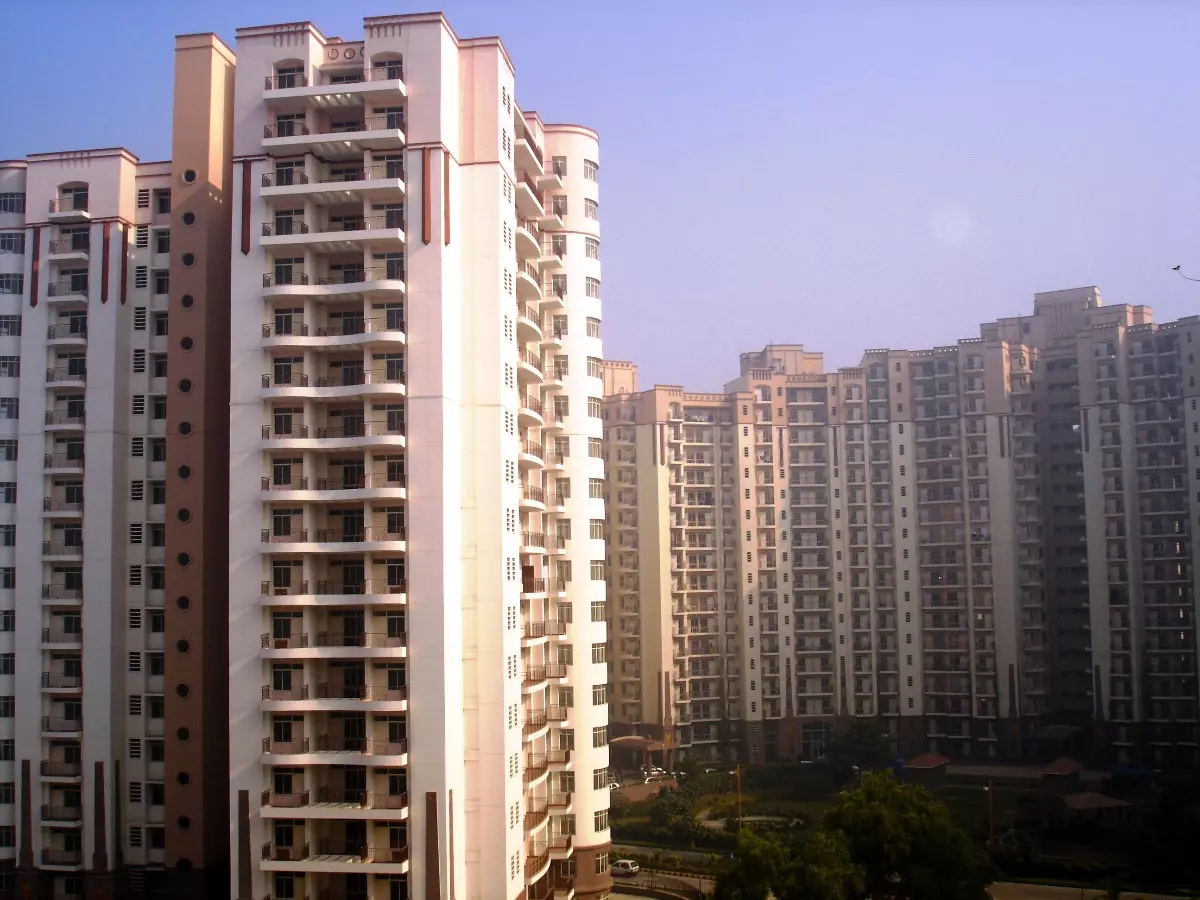Security Deposit, Repairs: How Will New Model Tenancy Act Impact Property Owners, Tenants
The Model Tenancy Act addresses factors like the need to have a formal rent agreement, how much security deposit should be paid, rate of rent increase, and grounds for eviction.

The central government approved the Model Tenancy Act (MTA) for circulation to all States and Union Territories for adoption. Let us understand more about it and how it will impact you.
Aim of the Act
The aim of the act is to create a more lucrative environment of renting for tenants as well as landlords and also increase the availability of houses for tenants. The Act also lists out rules and regulations for both tenants and landowners. Experts believe that the Act will bring a lot of supply into the market. With this Act, it will be easier for landlords to evict tenants as long as there is a formal contract in place.
 BCCL
BCCL
The Model Tenancy Act addresses factors like the need to have a formal rent agreement, how much security deposit should be paid, rate of rent increase, and grounds for eviction.
What changes
Under this Act, the rent authority, rent court and rent tribunal would fast track resolution of disputes within 60 days, Hardeep Singh Puri, Union Minister for Housing & Urban Affairs said. Besides, the security deposits for residential premises will be two months rent and for commercial it will be six months rent, the minister added .
According to the government, the Act will facilitate the unlocking of vacant houses for rental housing purposes. Moreover, the Model Tenancy Act would also help in overhauling the legal framework with respect to rental housing across the country, the Centre said in a statement.
A digital platform will be set up in the local vernacular language or the language of the State/Union Territory for submitting tenancy agreement and other documents. Rent Authority will keep a tab on these agreements.
 afp
afp
States, which will be free to adopt the law owing to land being state subject, will be required to constitute rent courts and rent tribunal, it stated.
After enforcement of this Act, no person can let or take on rent any premises except by an agreement in writing. Repeal of local rent control Acts has been a politically sensitive issue in cities with high-value rent markets, such as especially South Mumbai, where old properties in prime locations have been occupied for decades by tenants at negligible rent.
Impact on owners, tenants
Subletting of premises can only be done with the prior consent of the landlord, and no structural change can be done by the tenant without the written consent of the landlord.
According to the MTA Act, a landowner cannot cut power and water supply in case of a dispute with the tenant. It also stated that a landowner cannot enter the rented premises without 24-hour prior notice to carry out repairs or replacement.
The Act lists the kinds of repairs each party would be responsible for, with the provision that money for repairs can be deducted from the security deposit or rent, as applicable, if a party refuses to carry out their share of the work.
 istock
istock
The Rent Court can allow repossession by the landlord if the tenant misuses the premises, after being served a notice by the landowner. Misuse of the premises, as defined, includes public nuisance, damage, or its use for ¡°immoral or illegal purposes¡±. If the tenant refuses to vacate, the landlord can claim double the monthly rent for two months, and four times the monthly rent thereafter.
